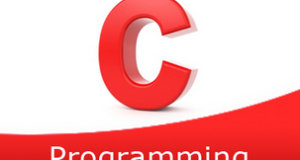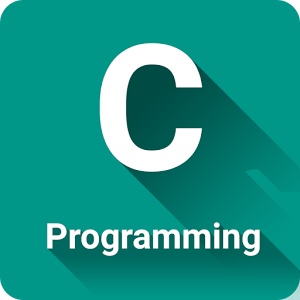C Programs – List of over 500+ Basic & simple programs with outputs. Most of the C programming examples written in multiple ways and covered wide range of topics including C Patterns, Number Programs, Basic C Programs, Simple Programming examples along with output and pdf as well.
At the end we added a few c programming questions for practice. If you’re newbie you can even do c programs for practice under C Challenge on our portal & also check simple java programs. Just before that a quick intro:
C Programming Examples
We want to get you as quickly as possible to the point where you can write Basic C programs & c programming questions, and to do that we have to concentrate on the basics: variables and constants, arithmetic, control flow, functions, and the rudiments of input and output.
We are intentionally leaving out of this chapter features of C that are important for writing bigger C programs with outputs. These include pointers, structures, most of C’s rich set of operators, several control flow statements, and the standard library.
This approach and its drawbacks. Most notable is that the complete story on any particular feature is not found here, and the tutorial, by being brief, may also be misleading. And because the examples do not use the full power of C, they are not as concise and elegant as they might be.
We have tried to minimize these effects, but be warned. Another drawback is that later chapters will necessarily repeat some of this chapter. We hope that repetition will help you more than it annoys you.
The only way to learn a new programming language is by writing programs in it. The first program to write is the same for all languages:
Simple C Program – Hello World
Print the words:
|
1 |
hello, world |
This is a big hurdle; to leap over it you have to be able to create the program text somewhere, compile it successfully, load it, run it, and find out where your output went. With these mechanical details mastered, everything else is comparatively easy.
In C, the program to print “hello, world” is :
|
1 2 3 4 5 |
#include <stdio.h> main() { printf("hello, world\n"); } |
Just how to run this program depends on the system you are using. As a specific example, on the UNIX operating system you must create the program in a file whose name ends in “.c”, such as hello.c, then compile it with the command:
cc hello.c
If you haven’t botched anything, such as omitting a character or misspelling something, the compilation will proceed silently, and make an executable file called a.out. If you run a.out by typing the command:
|
1 2 3 4 5 |
a.out it will print hello, world |
On other systems, the rules will be different; check with a local expert.
The statements of a function are enclosed in braces { }. The function main contains only one statement,
|
1 |
printf("hello, world\n"); |
A function is called by naming it, followed by a parenthesized list of arguments, so this calls the function printf with the argument “hello, world\n”. printf is a library function that prints output, in this case the string of characters between the quotes. A sequence of characters in double quotes, like “hello, world\n”, is called a character string or string constant. For the moment our only use of character strings will be as arguments for printf and other functions.
Basic C Programs – C Programming Examples
String, Numeric, Array & Occurance:
String, Numeric, Array & Occurance Part – 2:
String, Numeric, Array & Occurance Part – 3:
Pattern Programs
 Learn Java Java Tutoring is a resource blog on java focused mostly on beginners to learn Java in the simplest way without much effort you can access unlimited programs, interview questions, examples
Learn Java Java Tutoring is a resource blog on java focused mostly on beginners to learn Java in the simplest way without much effort you can access unlimited programs, interview questions, examples


